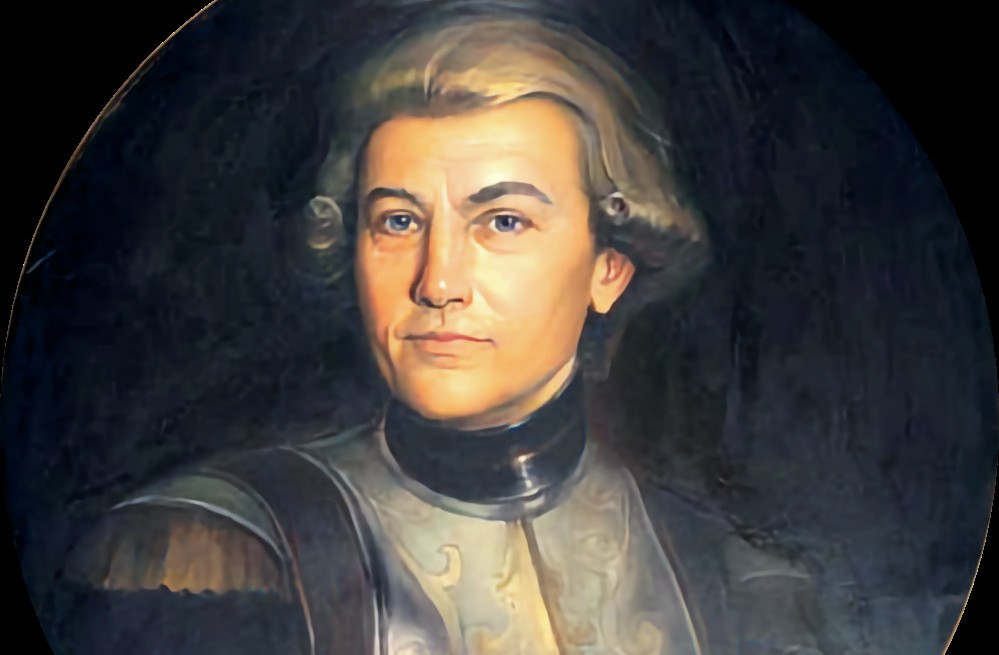Change language:
Madagascar’s Hungarian king: The inspiring adventurer who boldly took the throne in 1776

Móric Benyovszky, the Hungarian nobleman, soldier, and explorer, lived a life so adventurous that it could have been taken straight from the pages of a novel. Born in 1741 in Vrbové, now part of Slovakia, he experienced an extraordinary series of events that eventually led him to the throne of Madagascar.
From a young age, Benyovszky displayed exceptional talents and a remarkable aptitude for languages, as reported by WMN. He studied at a military academy in Vienna, where, in addition to Hungarian, Slovak, Polish, German, and Latin, he also mastered French. Throughout his adventurous life, he later learned Dutch, English, Russian, and even some East Asian languages—skills that would prove crucial in his extraordinary journey.

Fighting in war as a child
As a child, Benyovszky took part in the Seven Years’ War, where his bravery and strategic acumen set him apart. However, his life took a dramatic turn after his father’s death when he became embroiled in a family dispute. In response, Empress Maria Theresa stripped him of his noble title and exiled him from Hungary, forcing him to flee to Poland. There, he found not just refuge but also a new purpose—joining the anti-Russian uprising of 1767. This decision would have dire consequences.
Captured by Russian forces, Benyovszky was exiled to Siberia—a fate many considered a death sentence. But even in the harshest conditions, he remained resilient. During his imprisonment in Kamchatka, he studied the region, forged key alliances, and in 1771 orchestrated a daring revolt. He and his fellow captives managed to escape, embarking on an incredible sea voyage that took them through Taiwan and Macau before finally arriving in France.
The king of Madagascar
Benyovszky’s bold exploits and intelligence caught the attention of King Louis XV of France, who, in 1774, tasked him with establishing a French colony on Madagascar. However, his mission took an unexpected turn: not only did he serve French interests, but he also won over the island’s indigenous leaders.
On Madagascar, Benyovszky spearheaded numerous development projects, improving local infrastructure and living standards. He oversaw road construction, marsh drainage efforts, and the organisation of education. His charisma and leadership gained him immense popularity, and in 1776, local tribal chiefs proclaimed him king. This was far more than a symbolic title—he wielded real power and had ambitious plans for modernising the island.
A tragic end
However, the French court grew wary of Benyovszky’s rising influence. Political intrigue and mounting pressure forced him to leave Madagascar. Undeterred, he sought new support and, with backing from American financiers, returned in 1785 to continue his work. But tragedy struck—French forces launched an assault against him, and on 23 May 1786, he was killed in battle.
Móric Benyovszky’s adventurous life has inspired generations of artists, including Hungarian novelist Mór Jókai. His story has been adapted into novels, musicals, and television dramas. Though his reign was brief, his impact on Madagascar was profound, and he is still remembered on the island today as a visionary leader. His legacy is a testament to how courage, determination, and ambition can take an individual to unimaginable heights—even to the throne of a distant island.
Read also:
- Gone but not forgotten: Hungary saw 20 years of domestic flights
- Isaac Newton predicted the end of the world—and the date is disturbingly close
To read or share this article in Hungarian, click here: Helló Magyar







